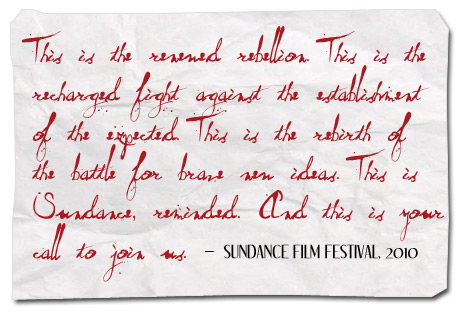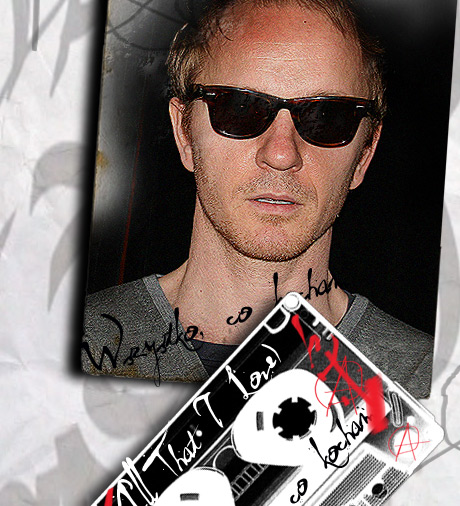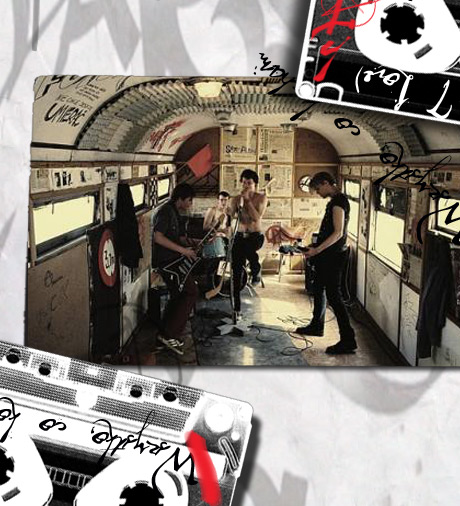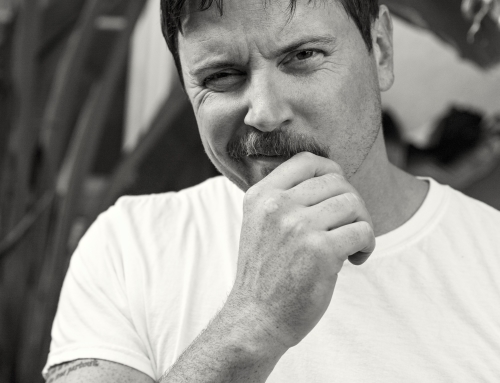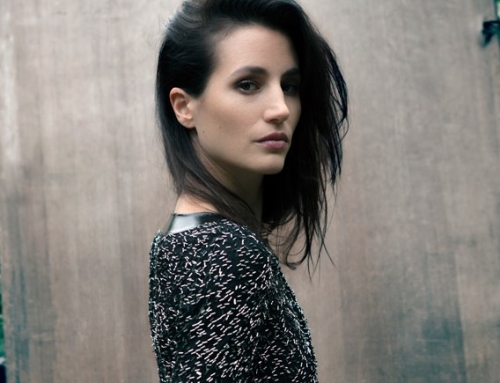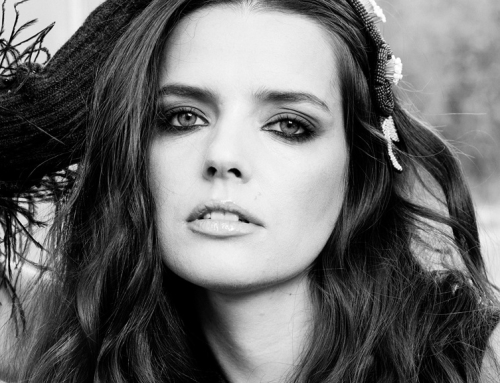ALL THAT I LOVE
How fitting that the year Sundance revisits its globally minded, independently spirited roots, a Polish film is added to the competition for the first time in festival history. Rebellion being this year’s theme (or rather call to arms), the inclusion of Grand Jury Prize nominee, Wszystko, co kocham (All That I Love), seems almost destined.
Set in the year 1981, the story takes place in Poland amidst the political upheaval of the Solidarity Movement, a movement born once year prior when the country’s workers, galvanized by unemployed Polish electrician Lech Walesa, raised their fists up against the Soviet superpower. A year of reckoning, 1981 is mired in the Polish government’s forceful attempts to suppress the movement permanently — the eventual failure of which would be the demise of communism across the Soviet bloc.
In step with his country’s revolt, the story’s young protagonist Janek (Mateusz Kosciukiewicz), son of a navy captain, assembles a punk band with his three best friends, called ATIL (All That I Love). Scenes of Janek and his band sing-shouting out their discontent for socialism and desire for the freedom it denies them shakes the screen with emotion. Charged with passion, the camera mimics the narrative’s fast-beating heart, and swallows each moment in brisk gulps that keeps the pace at a steady high.
The steadfast idealism of youth is embodied by ATIL; in their electric performances — in their very existence — there is an exhibition of unrelenting will that echoes the rising Solidarity movement. “This music was rebellion, it was all we could do,” says director Jacek Borcuch, who himself was a teen entrenched in the 80s punk scene. When writing the script, Borcuch’s sentimental identification with the anti-authoritarian punk sub-culture naturally led to a pairing between the soundtrack of his youth and this very personal coming-of-age story. “This story is about 80% autobiographical,” says director Jacek Borcuch. “It is a story about my family … my adolescence.” And music.
The omniscient lead character in the film, music, inspired Borcuch’s early ideas for All That I Love. Having abandoned his zealous devotion to punk in his adulthood, a performance by the Beastie Boys — channelling their hardcore days when opening for acts like Bad Brains — at the 2007 Open’er Festival in Poland quickly reconnected him with his long-lost love, while simultaneously triggering memories of rebellion. “In my head, a lot of drawers were opened,” he says in awe.
While the film takes place in the decade that gave birth to the hardcore movement in punk that the Beastie Boys first belonged to, along with bands like Minor Threat, the sound, aesthetic, and ethos characterizing the sub-culture was that of the original 70s punk movement á la The Ramones, Sex Pistols and The Clash. As Borcuch explains, the iron curtain encircling the Soviet bloc meant the inflow of Western music was hindered, delaying the introduction of punk to the Polish music scene by nearly a decade.
Wanting to write a narrative inspired by his own youth and its intrinsic connection to punk, it wasn’t until the writer/director realized the greater significance of the period his story was tied to that he considered including a political element to his plot. “I didn’t want to lose the story to politics,” reasons Borcuch. “The boys’ story was a basic point, but when I started looking at the year, I thought, ‘Oh it’s great, it was the time of revolution in Poland.’” Given punk’s own anti-establishment rhetoric, the Solidarity movement slides in as the ideal backdrop. “This music was the story of our time, our history was married to the music,” proclaims the director. “The revolution has music set to it.”
Janek’s own attempt at toppling the status quo is mired in the paranoia and frustration that marked his generation, and the ones before his, that grew old under the watchful eye of Big Brother. Any happiness found is quickly infected by the political plague dwarfing life in Poland, now in a state of martial law. Janek finds love in Basia (Olga Frycz), but she’s the daughter of a Solidarity sympathizer who frowns on Janek military family; he finds freedom in music, but loses any chance of obtaining it through playing it; and he finds fraternity in friends, but to witness the fragility of fellowship in a period of political psychosis.
“He did not have any hopes for better times,” says Borcuch of Janek’s state of mind in the film. “Most of us did not believe we would be free.” It would take another long, dark eight years for the Solidarity movement — forced to work underground after 1981 — to re-emerge and become the first opposition movement to participate in free elections in a Soviet-bloc nation since the 1940s.
All That I Love is a revelation of individuality, idealism, and free will during a time of first times. It is a tale of the teenage rebellion that shapes a boy into a man, set against the backdrop of the stouthearted revolt that would forever change the course of history in Europe.








